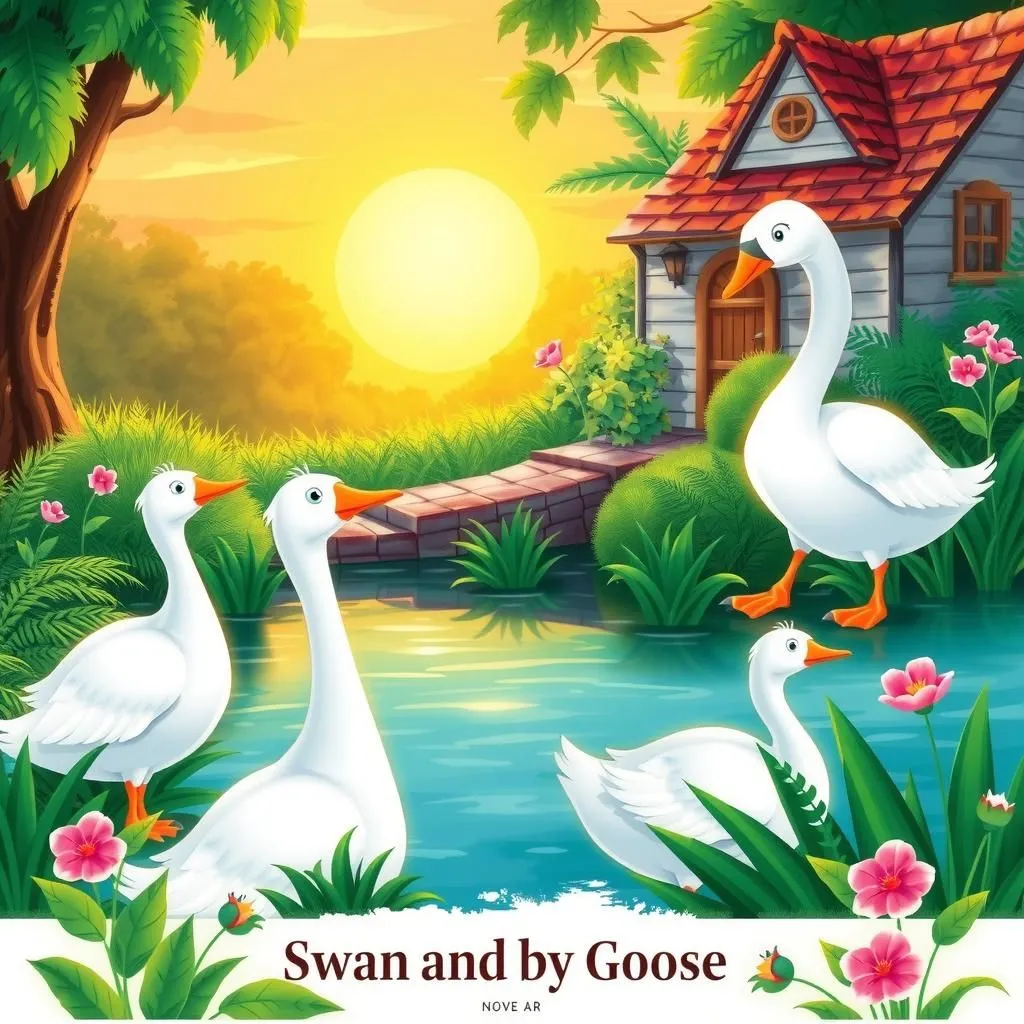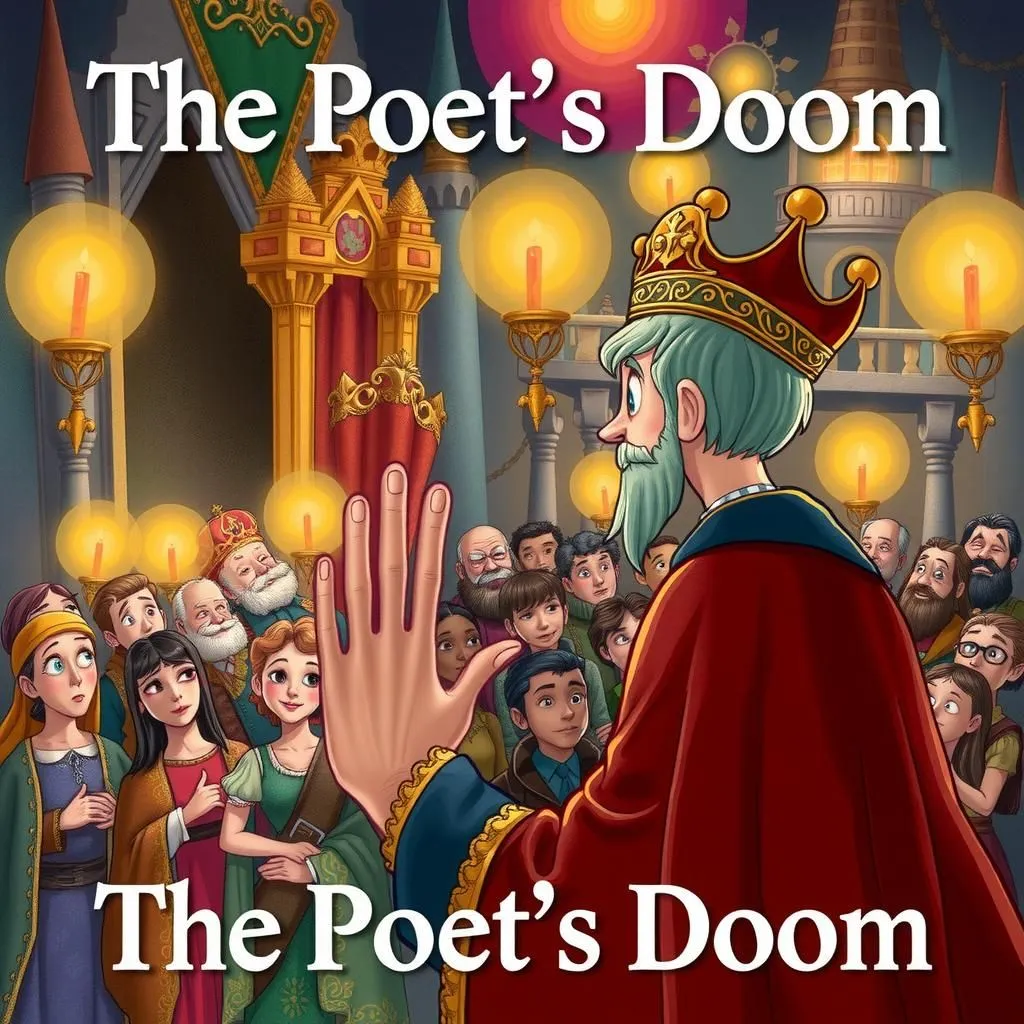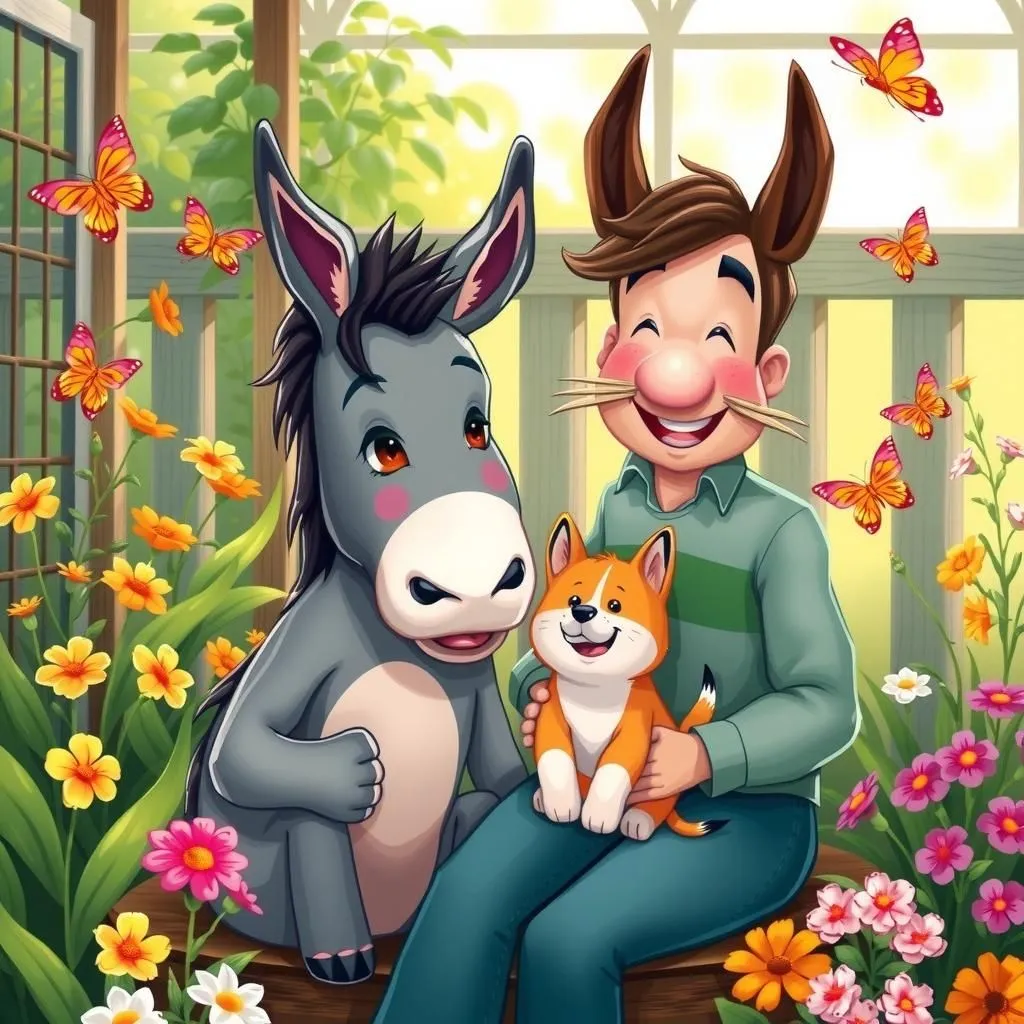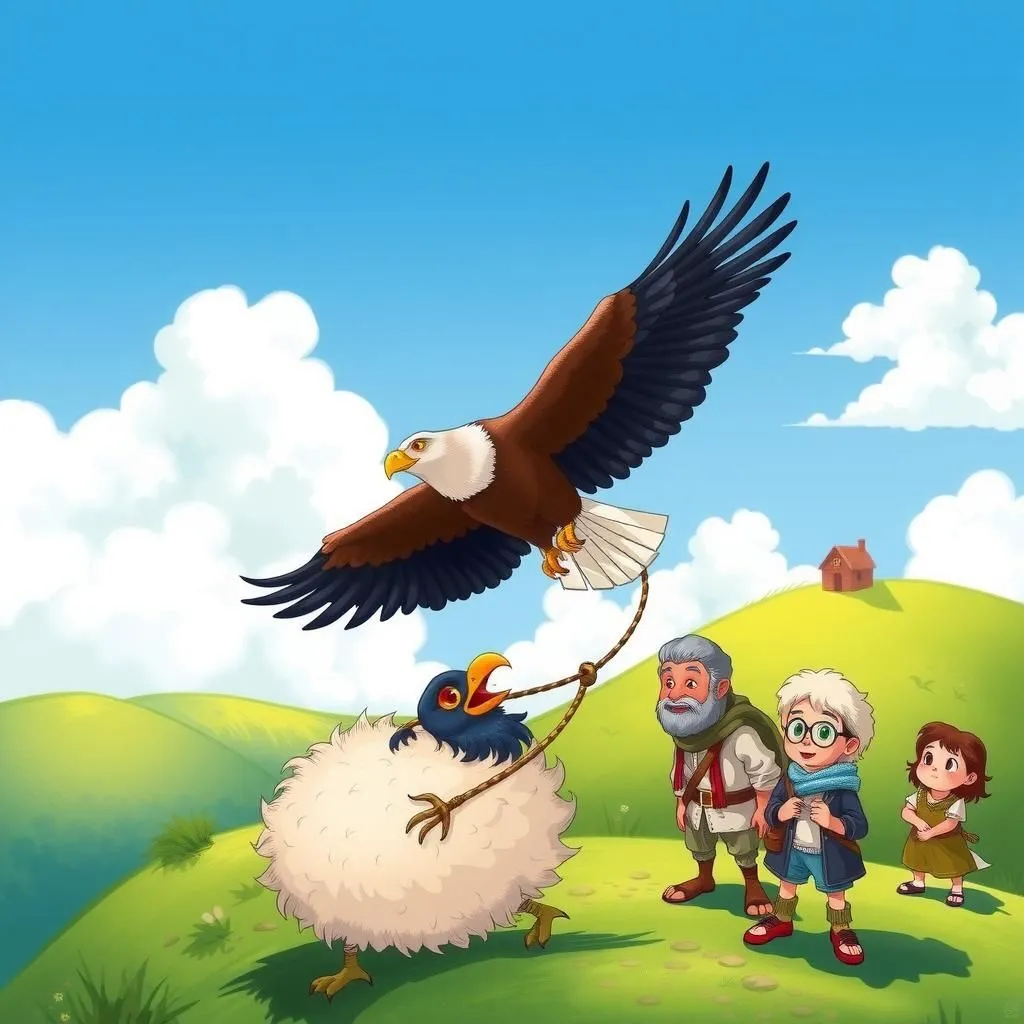
The Swan and the Goose
In this famous moral story, a rich man buys a Goose for food and a Swan for its beautiful song. When the cook mistakenly captures the Swan instead of the Goose, the Swan's melodious voice reveals its identity, ultimately saving its life. This short bedtime story teaches valuable lessons about the importance of recognizing true worth and the power of one's unique gifts.


